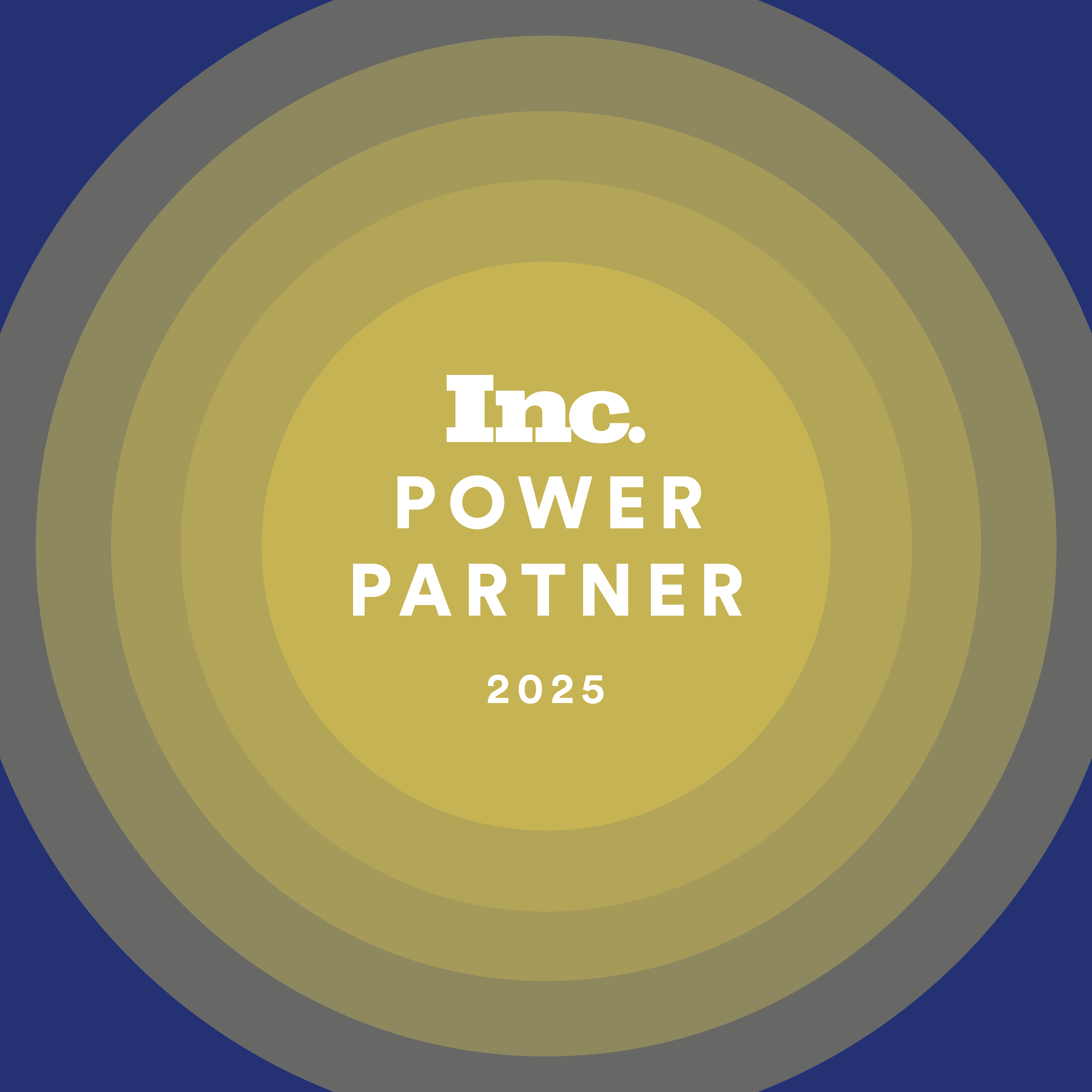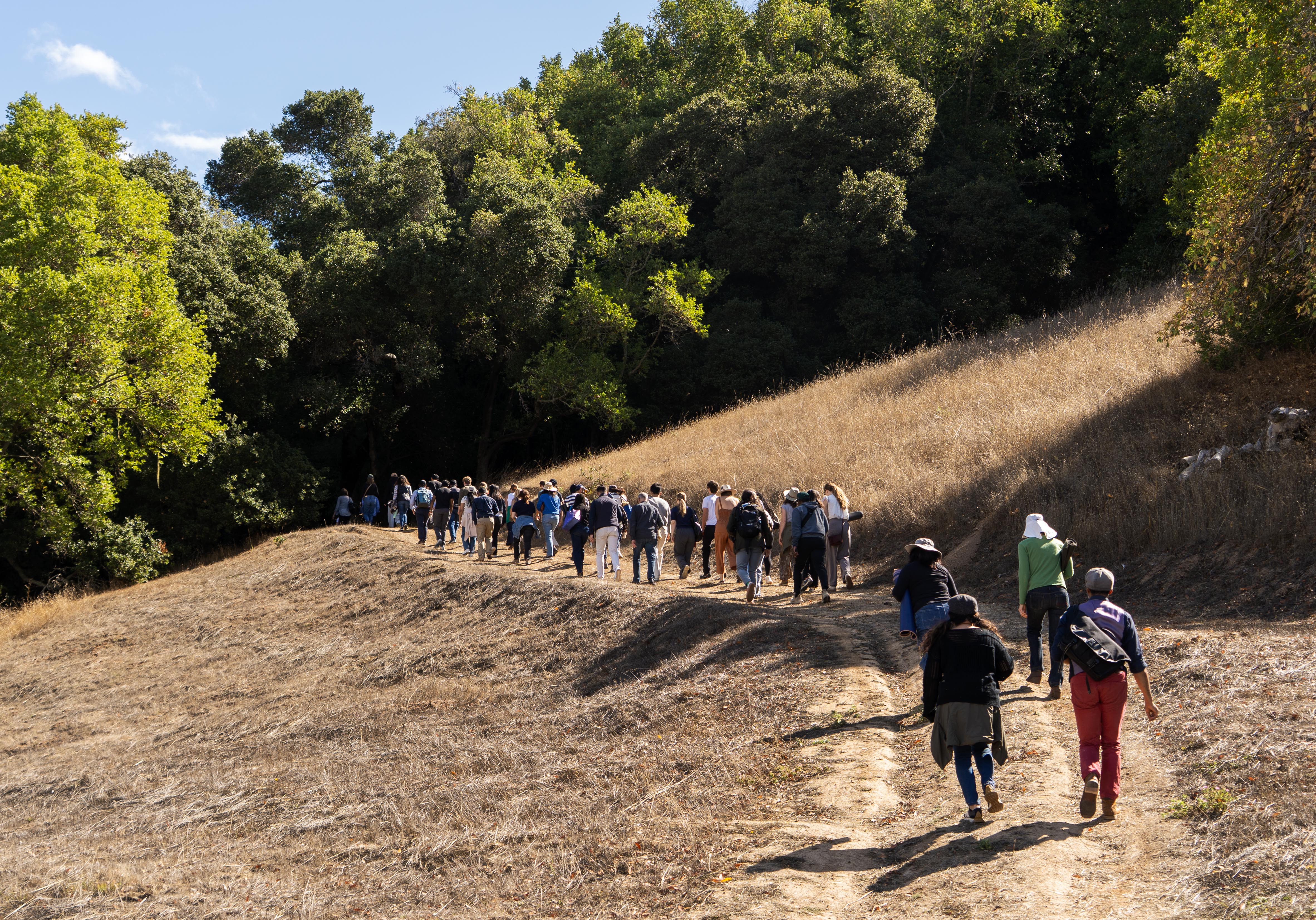Can I Be a Finance Influencer Now?
How working in financial services the last four years helped me get my financial sh*t together
By Adrianna
When I was 23 -- just a mere PR intern -- I was thrown head first into the titillating world of financial services. Yes, I said it. Titillating. Personal Capital, FeeX, and Blend had me captivated…and dare I say down right shocked.
I remember two weeks into my internship coming home to my roommates in Berkeley and asking them in a sort-of panic: “Do you know we are in the midst of a retirement crisis and we’ll probably have to work until we’re 70?!”
They looked at me as if I wanted to debate what came first, the chicken or the egg, and tried to reply with semi-interest until they turned back to what they were originally doing (not surprising, none of their responses included if they themselves were saving for retirement). But I couldn’t stop thinking about all the retirement stats I was reading, and how I never thought about retirement until it was MY JOB to do so. I distinctly remember Googling “what is a net worth” and then grimacing at my own negative net worth. I also spent about two hours with a variety of mediocre online calculators figuring out how much of my paycheck I should put into my 401k. Was 10% really enough? I didn’t want to be a part of the 58% of people who run out of money during their retirement!
Up until then, my financial focus was only on making sure I didn’t overdraft my bank account, could pay my rent, and always had $200 in my checking account on the 6th of the month to pay my student loan.
It was honestly a mix of 30% curiosity and 70% sheer panic over my own situation that led me down a path of becoming obsessed with personal finance.
Now, I’m about to get financially naked here. I graduated (B.A. + M.A.) with $40k in student loans and $350 in my savings account. I didn’t start saving for retirement until I was 25 -- which I know is better than the national average (31 in case you wanted to know), but given that I started my first job at 21 and didn’t start saving until four years later makes me bang my head against a wall (compound interest is EVERYTHING people!).
Finding my passion for PR in financial services, I’ve worked with numerous companies that span a variety of financial services from investing and banking to money transfers to personal loans. My experience has helped me build a deep personal finance expertise that my friends at brunch frequently rely on, and that has turned me into a financially healthy individual. I built my savings to cover three months of expenses, always pay my bills on time, put 18% of each paycheck into a 401K, and never carry a balance on my credit card.
But working in financial services -- hearing from influencers directly about their own personal finance journey, reading a variety of financial advice, and ghost writing opinion pieces on topics from retirement to paying off debt -- it didn’t click in my brain that I was actually being a little financially complacent until I talked with Erin Lowry, the Broke Millennial at FinCon 2017. She was outlining her (fantastic) book on investing for beginners and describing why she ditched the engagement ring tradition to put the money towards different financial goals. That short conversation made me realize that in order to get my financial sh*t together I had to think about my own future goals and align my money with those goals.
I would like to say 2017 was the year that I put together my future goals, and created a plan to organize my finances around those goals, but it’s intimidating to figure out what your life goals are when you’re in your mid-twenties.
Getting there took a frank discussion with my partner about buying a house in the U.K. that I realized, 1. I cannot have any student loan debt in order to qualify for a decent mortgage in the U.K. and, 2. I wouldn’t be able to contribute much to a down payment in the next four to five years.
Finally, a goal! One that didn’t feel intimidating because I’ve worked in finance for so long and knew like the back of my hand all the tips and strategies to put paying off my student loans in overdrive.
I started with putting about three quarters of what I had in my savings ($10K) towards my student loans to kick it off. Once I saw the balance reduce and one loan be completely paid off, I became obsessed with paying them off and would check the balance daily. It felt like a game. Great Lakes Loans was this ball with their 6% interest rates, and I was a tennis racket with each payment bouncing back into their court and making the balance go down. Any extra $200, $75 or even $10 I could put extra in each month, I would. My motivation/reward was every time I paid down another $1,000, I would text my dad and he would send back an assortment of 🙌❤️🎉💸💪emojis and say “keep it up!” I ended up paying off the remaining balance of $32K in 15 months.
The Key’s employee benefits were also a big help - between health benefits, a 401K match (max it out!), and option to participate in Gradifi, a student loan repayment program, where The Key provided a match.
I would like to think that even if I didn’t work in financial services, my financial situation would be adequate today -- I might be saving for retirement and have a savings account. But I completely acknowledge that the only reason I’m a financially successful individual today is because I was given the privilege to work with passionate people, journalists, personal finance influencers, and finance execs who have made it their life to help the majority of Americans who struggle financially.
So what’s next for my financial journey? Well, I’ll probably continue listening to HerMoney podcast by Jean Chatzky like it’s my religion, but I’m also pumped to move on to my next financial goals: maxing out my Roth IRA, investing in my Ellevest splurge account for a trip around Europe, and building my donor-advised fund with my partner.








